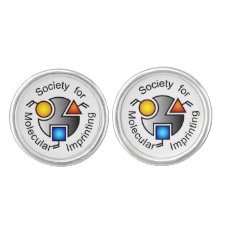
Authors: Liu ZS, Xu YL, Wang HF, Yan C, Gao RY
Article Title: Chiral separation of binaphthol enantiomers on molecularly imprinted polymer monolith by capillary electrochromatography.
Publication date: 2004
Journal: Analytical Sciences
Volume: 20
Issue: (4)
Page numbers: 673-678.
DOI: 10.2116/analsci.20.673
Alternative URL: http://www.jstage.jst.go.jp/article/analsci/20/4/673/_pdf
Abstract: A novel enantioseparational monolithic stationary phase for binaphthol based on a molecular imprinting method was introduced and evaluated in capillary electrochromatography (CEC). The monolithic stationary was prepared by the in situ copolymerization of methacrylic acid and ethylene glycol dimethacrylate in a porogenic solvent (toluene or toluene- isooctane) in the presence of an imprinting molecule, (R)-1,1'- bi-2,2'-naphthol. Such stationary phases could separate the enantiomers of binaphthol. The influence of several parameters on the column permeability was investigated. These parameters included the polymerization time, the molar ratio of the functional monomer to the imprinting molecule and the content of porogen. The influence of the polymerization condition and the electrochromatographic parameters on the enantiomer separation was also studied. Initial studies showed that a higher molecular ratio of the imprinted molecule to the functional monomer, a higher content of porogen, a higher content of acetonitrile, a higher pH, as well as the addition of Tween 20, gave a higher enantiomer selectivity



Join the Society for Molecular Imprinting

New items RSS feed
Sign-up for e-mail updates:
Choose between receiving an occasional newsletter or more frequent e-mail alerts.
Click here to go to the sign-up page.
Is your name elemental or peptidic? Enter your name and find out by clicking either of the buttons below!
Other products you may like:
 MIPdatabase
MIPdatabase









